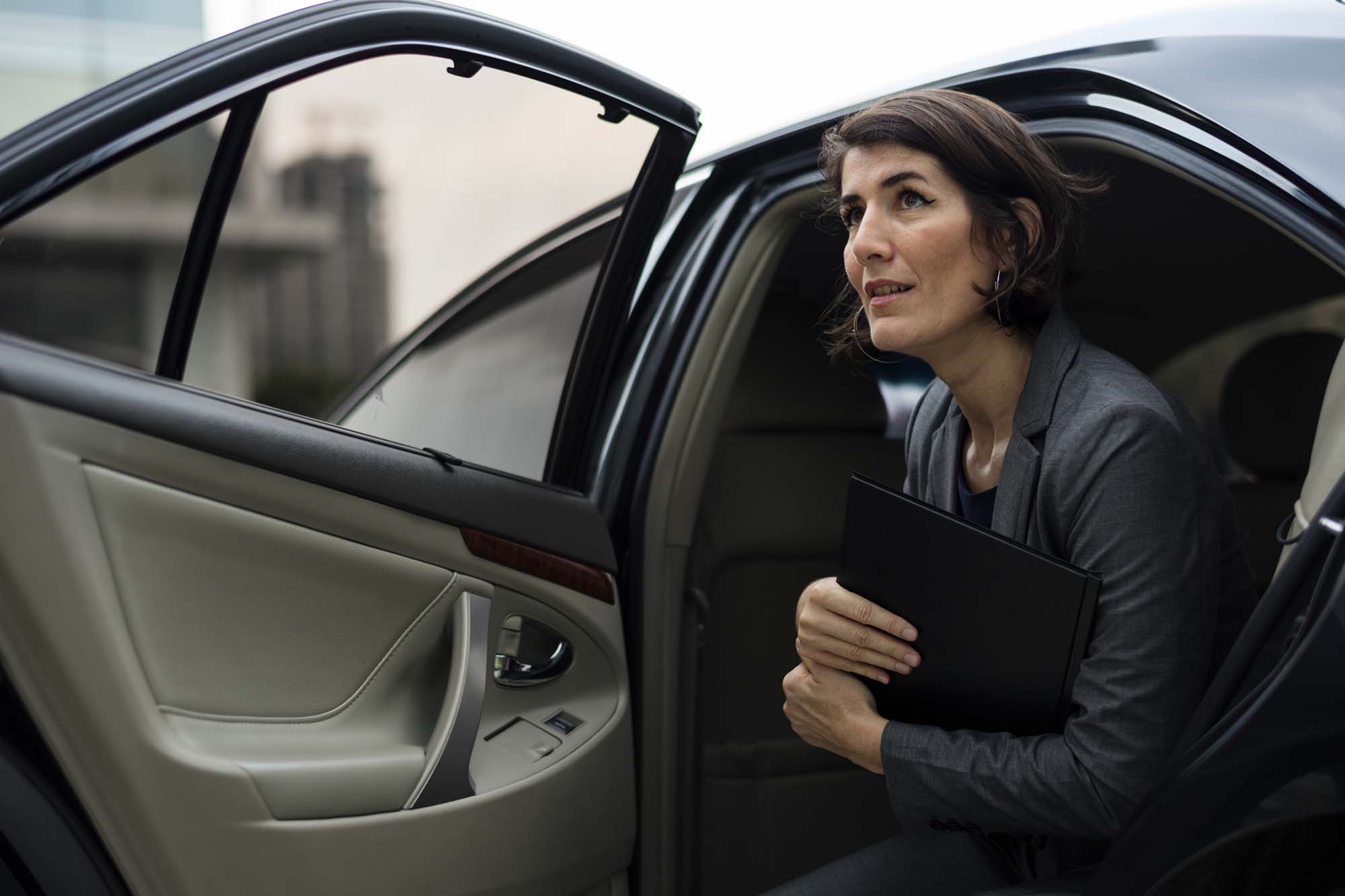
Key Considerations for Supporting Executive Travel Safety
In today’s fast-paced corporate environment, where executives frequently travel for business, ensuring their safety is paramount. Threats such as theft, kidnapping, and corporate espionage are real and increasingly sophisticated. Executives, given their influence and visibility, often find themselves as high-value targets. This has led to the growing demand for security-trained drivers who offer more than just transport – they play a pivotal role in enhancing the overall safety of corporate travel.
Here are key considerations on how security-trained drivers can support and protect executives in business situations:
Specialised Defensive Driving Skills
Security-trained drivers undergo rigorous defensive driving courses that go far beyond what a regular chauffeur learns. They are equipped to handle dangerous road situations, such as evading potential threats like aggressive drivers or preventing hijacking attempts. These skills ensure that executives are not only transported comfortably but also securely, even in high-risk areas or under adverse conditions.
Security-trained drivers know how to:
- React calmly and effectively to sudden threats on the road.
- Implement evasive manoeuvres to avoid potential dangers.
- Handle situations like roadblocks, accidents, and attacks without panicking.
Comprehensive Knowledge of Secure Routes
Understanding safe travel routes is critical, especially when executives are in unfamiliar cities or regions with fluctuating threat levels. Security-trained drivers meticulously plan routes, considering traffic patterns, political climates, and potential risk areas. They also have contingency plans in case of emergencies, such as protests, riots, or natural disasters. Unlike a standard driver, they will often consult security teams and real-time intelligence to avoid high-risk areas or situations.
Key advantages include:
- Advanced planning of the safest, fastest routes.
- Real-time monitoring of local risks, including political instability or crime hotspots.
- Immediate changes in route if a security threat arises.
Discreet and Professional Behaviour
Security-trained drivers are often exposed to sensitive corporate information during executive travel. Therefore, they are trained in discretion and confidentiality. Whether they overhear private conversations or become aware of an executive’s schedule, they know how to maintain a professional demeanour and keep critical information confidential. This level of professionalism helps protect executives from corporate espionage and other security risks related to data breaches.
They exhibit:
- Strict confidentiality and discretion during all aspects of their work.
- Non-intrusive behaviour while being alert to potential risks.
- Awareness of corporate privacy and the need to avoid discussing business matters publicly.
Training in Security Protocols and Emergency Response
Security-trained drivers often work closely with executive protection teams and are versed in security protocols. They understand how to cooperate with bodyguards or security officers, ensuring seamless protection for the executive. In emergencies, such as medical incidents, kidnappings, or terrorist attacks, these drivers know how to respond swiftly and appropriately.
Their emergency preparedness includes:
- First-aid training and the ability to respond to medical emergencies.
- Understanding evacuation procedures in case of a threat or disaster.
- Close coordination with security personnel to execute safe travel.
Mitigating Reputational Risk
While physical safety is the most critical aspect of corporate travel, reputational risk also plays a role. A security-trained driver is trained to operate under heightened discretion, which can prevent situations that might damage an executive’s or company’s image. For instance, avoiding media scrutiny, paparazzi, or protestors is crucial for high-profile executives, and security-trained drivers have the awareness and skills to manage such scenarios effectively.
Familiarity with Local Laws and Cultural Sensitivities
When traveling internationally, corporate executives can face legal and cultural challenges. Security-trained drivers are typically familiar with local laws, customs, and cultural nuances, enabling them to advise executives on how to act in a manner that reduces risk and prevents misunderstandings. This is especially important in regions where breaking minor local laws could have severe consequences or attract unnecessary attention.
These drivers:
- Stay updated on legal requirements for driving and transport in foreign countries.
- Understand cultural sensitivities and how to navigate them, ensuring executives do not unintentionally violate local customs or laws.
- Provide advice on regional safety and security concerns.
Advanced Communication and Surveillance Technology
Security-trained drivers often use state-of-the-art communication tools to stay in touch with security teams, monitor local news, and track potential threats. These tools help them anticipate issues and respond quickly. In high-risk situations, the ability to communicate effectively with a security team or local authorities can be the difference between safe travel and dangerous exposure.
Typical tech solutions they use include:
- Real-time tracking systems for route safety and executive location.
- Two-way communication devices connected to security personnel.
- Surveillance equipment to monitor surroundings while on the move.
In a world where executive travel carries inherent risks, employing a security-trained driver is an investment in corporate safety and peace of mind. These professionals bring a unique set of skills that go beyond mere transportation – they ensure that executives arrive at their destinations safely, securely, and on time. For executives who frequently travel for business, partnering with a security-trained driver is an essential component of a comprehensive travel safety strategy.
References
ASIS International – Risk Management for Executives
International Security Driver Association
Executive Protection Institute
International Defensive Pistol Association – Defensive Driving Skills
